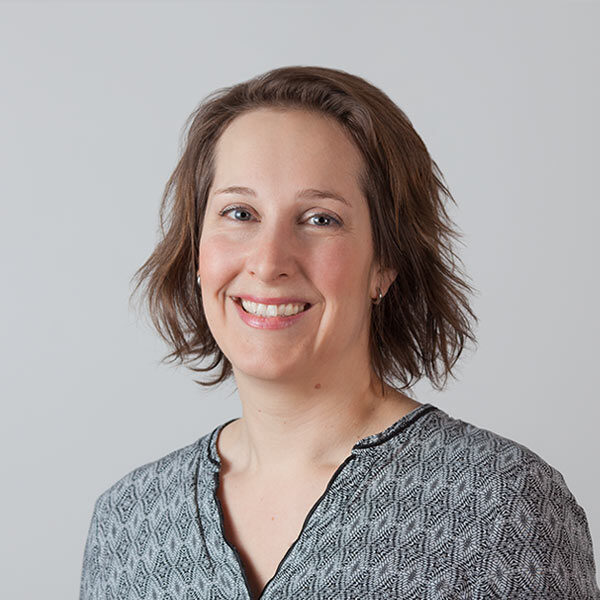

The AiRMOUR project will be collecting the views of Helsinki region residents on drones in February. Later this year, the project will be organising training for interest groups on Urban Air Mobility (UAM) issues.
“UAM is a rapidly developing area of mobility and thus of great interest to the City of Helsinki as part of the overall service development of mobility. Cities have a great deal of influence over how operations will be developed, but they currently lack information on the benefits and challenges of UAM. We help the cities involved in the project to understand how drones should be taken into account in city planning and the organisation of mobility services,” says Project Manager Renske Martijnse-Hartikka from Forum Virium Helsinki.
The AiRMOUR project focuses on researching and promoting UAM innovations, especially in the area of Emergency Medical Services. There are a total of thirteen partners from six different European countries involved in the project. In addition to Forum Virium Helsinki, the Finnish partners consist of VTT, which also serves as the project coordinator, and Robots Expert. HUS Helsinki University Hospital is involved as an affiliate. The project is being carried out in collaboration with hospital districts, rescue services, aviation authorities and other operators.
Citizen survey on drones to open soon
In February, AiRMOUR will be collecting the views of Helsinki region residents on drones. The survey will include questions such as what kind of benefits residents consider drones to have and what kind of concerns drones raise. In addition to Helsinki, the project will be collecting citizens’ views in Sweden, Norway, Germany, Holland and Luxembourg at the same time. The survey results will be compared to the conclusions that organisations such as the European Union Aviation Safety Agency (EASA) and AiRMOUR’s sister projects in Europe have reached based on their past surveys.
Martijnse-Hartikka points out that it is vital to listen to citizens’ views when planning the utilisation of drones in areas such as emergency medical services.
“We have to know how citizens feel about drones and how they think drones will impact their everyday lives. Preferably by asking both in advance and after they have had some practical experience with drones being used in their local environment.”
In addition to the citizen survey, the project will be interviewing key stakeholders on the acceptability of drones and potential business models.
Training open for city employees as well
Since one of the aims of AiRMOUR is to educate stakeholders about drones, the project will be organising training from this spring onwards for e.g. the employees of the participating cities and other relevant stakeholders. The training is planned to consist of both online courses and masterclasses produced in collaboration with the international EUROCONTROL organisation. The courses will cover topics such as drone operation, safety and factors related to regulation. The masterclasses will also prepare participants for developing their own pilots.
The training package is the third cornerstone in the AiRMOUR UAM Toolbox, which also includes a GIS tool and a UAM Integration Guidebook.
The project will proceed to the testing phase next year, when the transportation of Emergency Medical Services personnel or test dummies and medical supplies by drone to an imaginary accident site in collaboration will be tested with HUS. The testing will provide the City of Helsinki with valuable information on the potential of UAM in Emergency Medical Services and on the changes that will need to be made to local aviation provision to accommodate these new technologies. In addition to Helsinki, the project will be testing the use of drones in Emergency Medical Services in Luxembourg, Stavanger in Norway, Kassel in Germany and Dubai in the United Arab Emirates. In Luxembourg and Dubai, the testing will be carried out as a simulation.
Would you like to stay up-to-date on the latest developments in UAM? Subscribe to the AiRMOUR newsletter and follow the project on LinkedIn and Twitter.
The deliverables of the AiRMOUR project (reports, guidebooks, analyses) will be updated on this page
Additional information

Renske Martijnse-Hartikka
EU Project Manager
+358 40 683 7979
renske.martijnse-hartikka@forumvirium.fi


